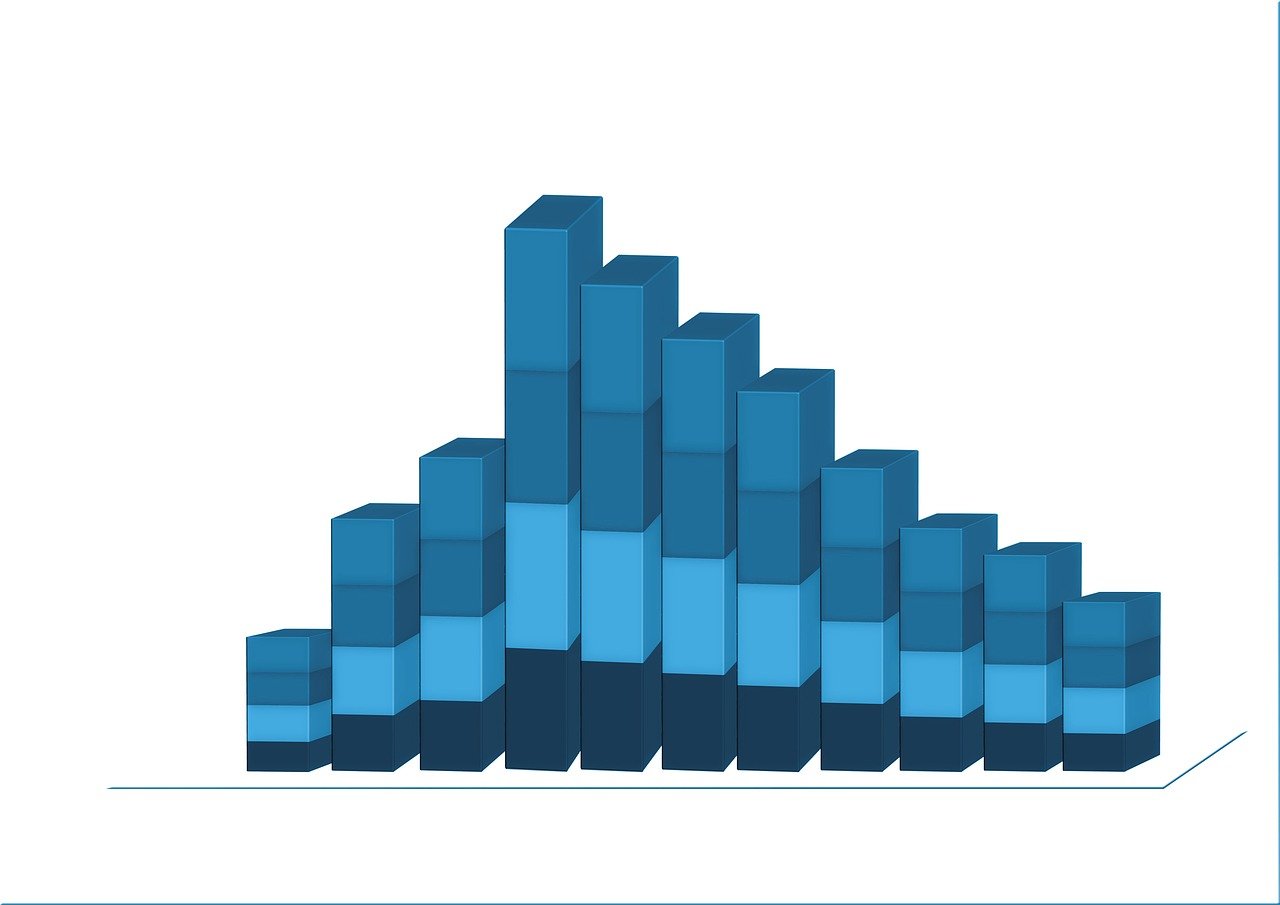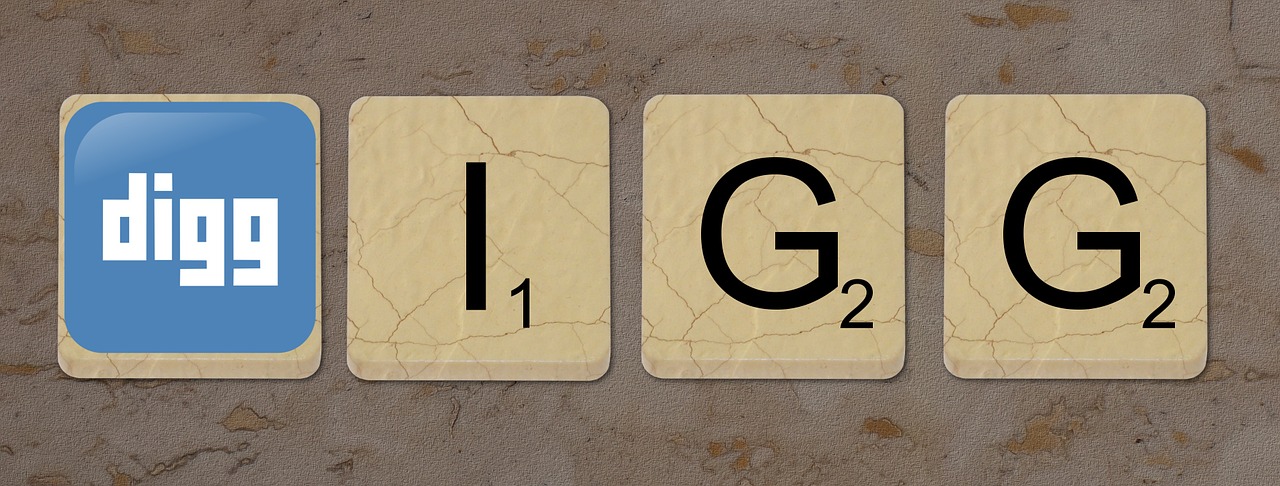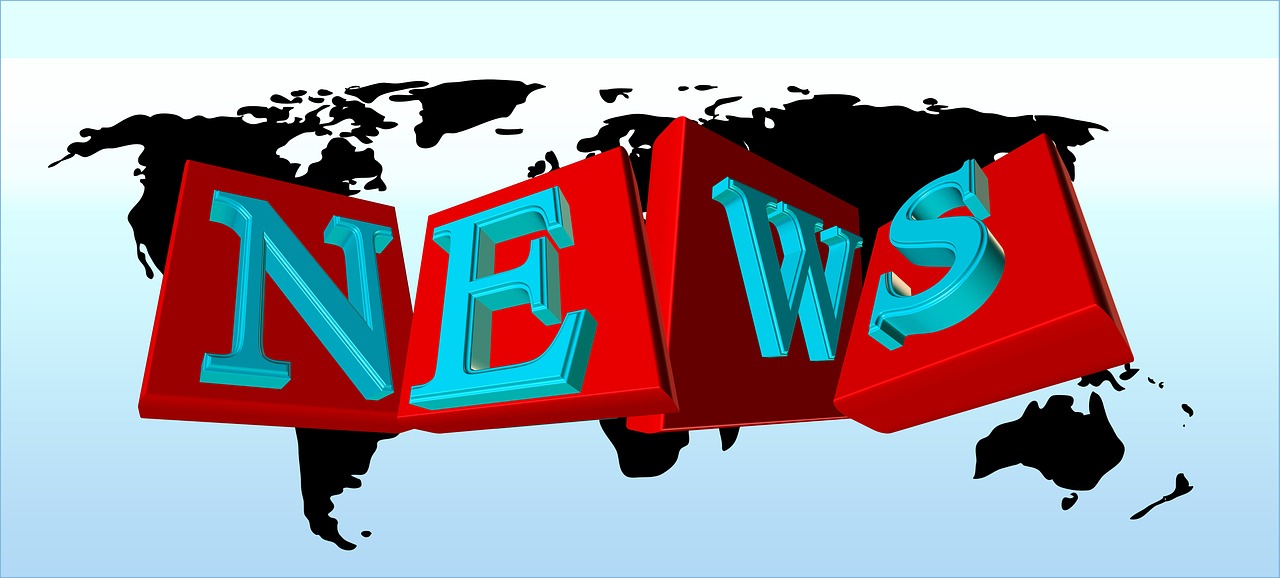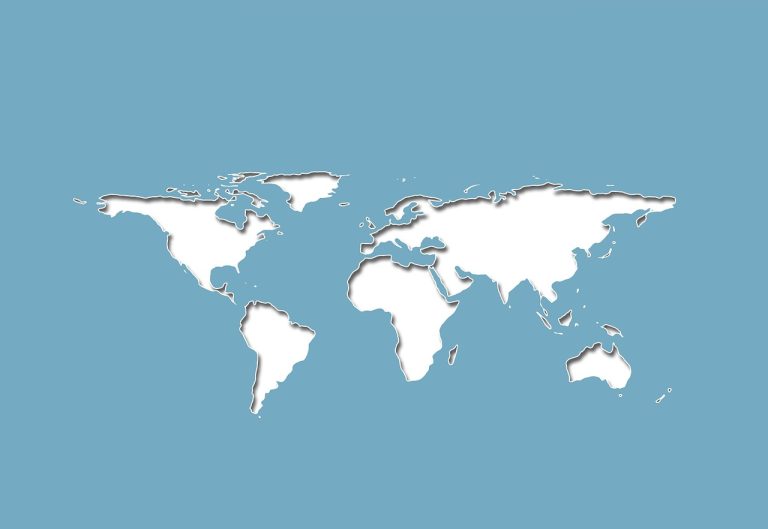
The Intersection of Health Policies and Politics: A Deep Dive into the Philippine Universal Healthcare Law
The universal healthcare agenda is a pivotal point where health policies and politics intersect, especially in developing nations such as the Philippines. The Philippine Universal Healthcare Law, known formally as Republic Act No. 11223, is a comprehensive reform that seeks to provide affordable and quality healthcare services to all Filipinos. This landmark legislation reflects the complex interplay between policy formulation and political dynamics in a nation striving towards equity in healthcare.
Understanding the Philippine Universal Healthcare Law
Enacted in February 2019, the Universal Healthcare Law (UHC) represents a transformative shift in the Philippine healthcare system. Its primary objective is to ensure that every Filipino, irrespective of social status, has access to quality healthcare services without experiencing financial hardship. The law aims to overhaul the existing health system to make healthcare delivery more efficient, inclusive, and equitable.
The UHC law posits that all Filipino citizens are automatically enrolled in the National Health Insurance Program. This integration aims to streamline processes and improve service delivery across the nation. The law mandates reforms in health financing, service delivery, governance, and regulation to achieve its objectives, transforming the landscape of Philippine healthcare policy.
The Political Landscape of Healthcare in the Philippines
The crafting and implementation of the UHC law did not happen in a vacuum. It is a product of a long-standing political commitment to healthcare reform in the Philippines. The enactment of this law involved a coalition of stakeholders, including government officials, health professionals, civil society groups, and international partners. The political will demonstrated by these stakeholders was crucial in overcoming legislative hurdles and navigating the complexities of healthcare reform.
Political dynamics in the Philippines have historically influenced health policy outcomes. The implementation of the UHC law, much like other significant reforms, is subject to political pressures and budgetary constraints. The law’s success depends largely on sustained political support, effective governance, and the capacity of the health system to adapt to new challenges.

Challenges in Implementing the Universal Healthcare Law
While the UHC law is a significant milestone, its implementation faces numerous challenges. One of the primary concerns is ensuring adequate funding to support the expanded coverage and enhanced services promised by the law. The Philippines, like many developing countries, grapples with limited fiscal resources, which can impede the full realization of universal healthcare.
Another challenge is the need for a robust healthcare infrastructure. The successful implementation of the UHC law requires improvements in healthcare facilities, particularly in rural and underserved areas. The government must invest in building and upgrading hospitals, clinics, and other health facilities to meet the increased demand for services.
Human resource constraints also pose a significant challenge. The Philippines faces a shortage of healthcare professionals, including doctors, nurses, and allied health workers. Attracting and retaining skilled health workers is critical to delivering the quality care envisioned by the UHC law.
Opportunities for Health Policy Innovation
Despite these challenges, the UHC law presents opportunities for innovation in health policy and service delivery. The emphasis on primary healthcare as a cornerstone of the law is a promising development. By strengthening primary care services, the Philippine government aims to provide preventive and promotive health services, reducing the need for more costly interventions.
The law also encourages the integration of health services to improve coordination and efficiency. This integration includes the development of a unified health information system to enhance data collection and analysis, aiding in better decision-making and resource allocation.
Moreover, the UHC law promotes the concept of health in all policies, recognizing the social determinants of health. By addressing factors such as education, housing, and the environment, the government can improve health outcomes and reduce inequalities.

The Role of International Partnerships
International collaborations play a crucial role in the successful implementation of the UHC law. Organizations such as the World Health Organization (WHO) and the World Bank provide technical assistance, funding, and expertise to support the reform process. These partnerships enable the Philippines to learn from global best practices and adapt them to the local context.
Additionally, regional cooperation within the Association of Southeast Asian Nations (ASEAN) offers opportunities for shared learning and resource mobilization. By working together, ASEAN countries can tackle common health challenges and strengthen their collective response to emerging health threats.
Conclusion: A Pathway to Health Equity
The Philippine Universal Healthcare Law represents a significant step towards achieving health equity and improving the overall well-being of the population. However, realizing the law’s full potential requires navigating a complex landscape of political, financial, and logistical challenges. The continued commitment of political leaders, healthcare professionals, and civil society is vital to sustaining the momentum for reform.
By addressing these challenges and leveraging opportunities for innovation and international collaboration, the Philippines can pave the way for a more equitable and efficient healthcare system. The journey towards universal healthcare is undoubtedly challenging, but with concerted effort and strategic planning, it holds the promise of a healthier future for all Filipinos.
Public Perception and Engagement
The success of the Universal Healthcare Law also hinges on public perception and engagement. Public awareness and understanding of the law’s benefits are crucial for its acceptance and utilization. The government and concerned stakeholders must actively communicate the objectives and provisions of the UHC law to the general populace. This includes educational campaigns and community-based initiatives to ensure that citizens are informed about their rights and responsibilities under the law.

Moreover, engaging communities in the implementation process can foster a sense of ownership and accountability. Community health workers and local leaders can play a pivotal role in mobilizing support for the UHC law and ensuring that health services reach the most vulnerable populations. By involving citizens in decision-making processes, the government can build trust and ensure that health reforms are responsive to the needs of the people.
Technological Advancements and Digital Health
Technology and digital health solutions offer promising avenues to enhance the implementation of the UHC law. The integration of telemedicine, electronic health records, and mobile health applications can improve healthcare access, especially in remote and underserved areas. By leveraging technology, healthcare providers can offer consultations, diagnose conditions, and monitor patients’ health remotely, reducing the need for costly and time-consuming travel.
The government can also use technology to streamline health insurance processes and improve data management. A centralized digital platform for health records can facilitate information sharing among healthcare providers, leading to more coordinated and efficient care. Additionally, digital tools can support health workers in monitoring disease outbreaks and managing public health emergencies, enhancing the overall resilience of the healthcare system.
Monitoring and Evaluation
Effective monitoring and evaluation mechanisms are essential to track the progress of the UHC law and identify areas for improvement. The government must establish robust systems to collect and analyze data on healthcare access, quality, and outcomes. Regular assessments can help determine the effectiveness of health interventions and ensure that resources are being used efficiently.
Moreover, transparent reporting and accountability mechanisms can help maintain public trust and confidence in the healthcare system. By sharing progress reports and engaging stakeholders in evaluation processes, the government can demonstrate its commitment to achieving the goals of the UHC law and address any emerging challenges promptly.
Lessons Learned and Future Directions
The journey towards universal healthcare in the Philippines offers valuable lessons for other countries pursuing similar reforms. One key takeaway is the importance of building a broad coalition of supporters, including government agencies, civil society, and international partners. Collaborative efforts can help overcome political and financial barriers, ensuring that health reforms are sustainable and responsive to the needs of the population.

Additionally, the Philippine experience underscores the significance of prioritizing primary healthcare and addressing social determinants of health. By focusing on preventive and promotive services, countries can reduce the burden of disease and improve health outcomes for their citizens. Addressing social determinants such as poverty, education, and environmental factors can also contribute to a more equitable and inclusive healthcare system.
As the Philippines continues to implement the UHC law, it must remain adaptable and open to innovation. By embracing technological advancements, strengthening community engagement, and fostering international partnerships, the country can navigate the complexities of healthcare reform and move closer to achieving health equity for all citizens. The lessons learned from the Philippine experience can inspire and inform global efforts to ensure that healthcare is a right, not a privilege.
Global Context and Comparisons
The movement towards universal healthcare is not unique to the Philippines; it is part of a global push to ensure health for all, as advocated by the United Nations Sustainable Development Goals. Countries worldwide are at various stages of implementing universal healthcare, offering diverse models and strategies that can provide valuable insights for the Philippines.
For instance, Thailand’s universal health coverage scheme is often cited as a success story in Southeast Asia. Thailand managed to achieve universal health coverage by focusing on primary healthcare and ensuring strong government commitment and adequate funding. Similarly, Japan’s model emphasizes comprehensive health insurance coverage, supported by a robust health infrastructure and a focus on preventive care.
By studying these examples, the Philippines can glean strategies to enhance its universal healthcare system. However, it is essential to tailor these strategies to fit the local context, considering cultural, economic, and social factors unique to the Philippines.

The Road Ahead: Policy Recommendations
Looking forward, several policy recommendations can support the advancement of universal healthcare in the Philippines:
- Enhance Health Financing: Allocate sufficient resources to the health sector through innovative financing mechanisms such as sin taxes on tobacco and alcohol, which can provide sustainable funding for healthcare initiatives.
- Strengthen Health Workforce: Invest in the training and retention of healthcare professionals, ensuring equitable distribution of health workers across urban and rural areas.
- Promote Health Literacy: Implement nationwide health education programs to empower citizens with the knowledge to make informed health decisions.
- Foster Public-Private Partnerships: Encourage collaboration between the government and private sector to expand healthcare services and infrastructure.
- Address Health Inequalities: Focus on reaching marginalized communities and reducing disparities in healthcare access and outcomes.
Implementing these recommendations requires a coordinated effort among policymakers, healthcare providers, and communities. By prioritizing these areas, the Philippines can strengthen its healthcare system and move closer to achieving the vision of universal healthcare.
Conclusion: A Collective Responsibility
The intersection of health policies and politics is a dynamic and challenging arena, particularly in the pursuit of universal healthcare. The Philippine Universal Healthcare Law is a testament to the country’s commitment to ensuring health equity for all its citizens. However, the path ahead requires sustained political will, strategic investments, and collective action from all sectors of society.
As the Philippines continues to navigate this journey, it serves as a beacon of hope and inspiration for other nations striving for universal healthcare. The lessons learned, challenges faced, and successes achieved can contribute to the global discourse on health equity and inform efforts to create a world where everyone has access to the healthcare they need and deserve.
Ultimately, achieving universal healthcare is a collective responsibility that requires the engagement and dedication of the government, healthcare providers, international partners, and citizens alike. Together, they can build a healthier, more equitable future for all.



